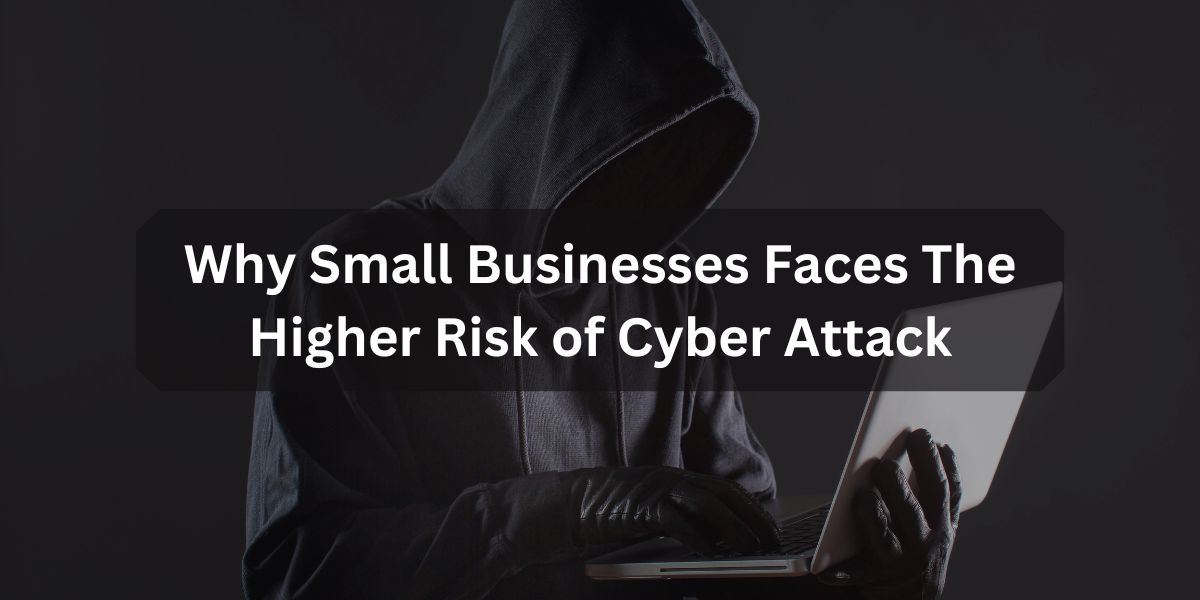"Cybersecurity" has consistently been the biggest obstacle, and in the current fast-paced digital age, it won't change. These days, cybersecurity is a crucial component of any business plan.
Cybercrime in modern IT has increased due to the rapid technological improvement of cloud computing and worldwide connections.
The internal cybersecurity team faces many issues, whether safeguarding personal data or securing any linked devices.
Cybercrime is a constant danger to businesses of all sizes in all industries worldwide.
Cybersecurity attacks can affect organizations of any size; tiny businesses are not immune to them. Thus, outsourcing IT Services in San Marcos, California, can protect your business from cyberattacks by implementing strong security measures.
Here’s why small businesses are at higher risk of cyber attack
1. Smaller Companies Need to be More Equipped To Handle Attacks.
SMEs are less likely to have specialized cybersecurity IT departments than larger companies. As such, they could find it challenging to stop an assault or limit the damage it causes. This allows cybercriminals to obtain the money or data they're pursuing.
Furthermore, they might not own the tools required to look into the origin and scope of the attack. Making recovery more challenging may also render a company more open to intrusions in the future. Thus, it becomes more vital for small businesses to outsource IT Support Services in San Marcos to protect businesses from unknown attacks and data breaches.
2. Small businesses Lack The Required Resources.
SMEs might also have a smaller cybersecurity budget than larger, more established companies. It might also make it more difficult for them to recruit professionals to handle their cybersecurity or make investments in cutting-edge security solutions.
Smaller organizations may find it challenging to keep up with the escalating sophistication of hackers and their strategies, making them easy targets as they become more difficult to detect and defend against.
3. Increased Vulnerability To Malware.
SMEs are digitizing their businesses and embracing e-commerce at an increasing rate. They also rely on their phones for work, using them for online purchases and email correspondence, increasing their vulnerability to infection.
SMEs risk quickly losing passwords, credit card details, and private information due to the simplicity with which malware may be downloaded and concealed in seemingly trustworthy apps or emails.
4. Small Business Used As Steps To Enter Large Businesses
Although they aren't usually the intended targets, smaller businesses may be more vulnerable to cyberattacks. Some cybercriminals view SMEs as a way to access larger companies, whose more sophisticated security measures would make them harder to breach.
Hackers may target SMEs, for instance, if they serve as subcontractors or are connected to more prominent companies through third-party solution providers, cleaning services, or human resources. In this manner, if an SME is successfully breached, the hackers will have access to the networks and systems of the larger companies they are affiliated, potentially resulting in more substantial harm.
Small firms are more vulnerable to assault because they are viewed as a weak point of entry into more attractive targets.
Conclusion!!
While cyberattacks on small businesses are not new, they are getting more frequent and affect all businesses. Having suitable cybersecurity measures from companies like Fusion Factor in place is more crucial than ever to protect your company and clients as more and more businesses operate online.


